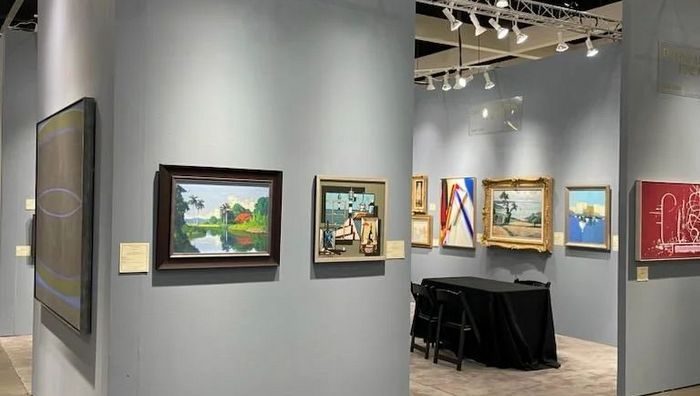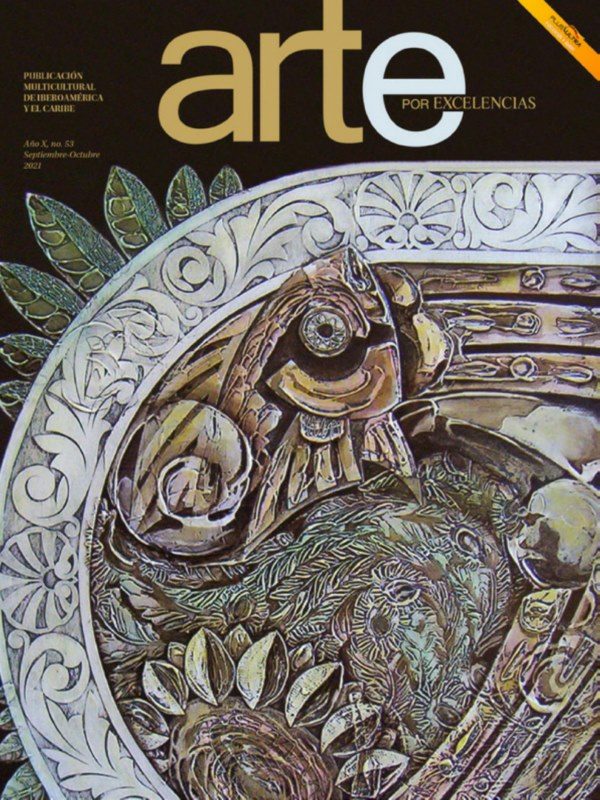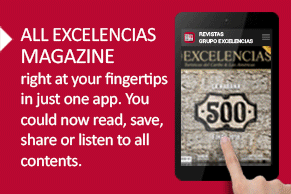Almost when boarding the airplane that would take him to Geneva, we managed to talk to Rafael de la Osa, Director of Cubarte, Center of the Information Technology in the field of Culture, whose Portal has deserved the WSIS Project Prize that is yearly granted by the World Summit of the Information Society-ITU.
Rafael will be awarded on June 10 the Prize in Geneva, within the context of the 10th High Level Meeting of the World Summit on Information Society (WCIS) that will be held up to June 13.
What is the real connotation of this victory to Cuba?
It is the first time that our country presents a group of projects to compete for the Prize that is yearly organized by the World Summit on Technology Society. It is a great honor to Cubarte , and at the same time a pride for the country, for the project is recognized in a category that has a lot to do with the values Cuba stands for, especially in the field of culture, in which the respect for the diversity and the identities is highly present, as part of our own priorities in the field of the cultural policy.
The Jury recognized Cubarte as an ambassador of the Cuban culture in Internet for the way it preserves and displays its diversity promoting the most significant and popular aspects, as well as the most authentic, unknowns, and those related to the Cuban identity. Additionally, from the awards winning act onwards, extended descriptions of the winning projects will constitute the foundations of the WSIS inventory: 2014 Successful Stories, that will be a significant showcase of examples of projects that work in the attainment of the WSIS goals, the transfer of experience and knowledge at a world level.
Can you mention the competing categories in the WSIS Project Prize?
There are 18 categories: The role of public governance authorities and all stakeholders in the promotion of ICTs for development; Information and communication infrastructure; Access to information and knowledge; Capacity building; Building confidence and security in the use of ICTs; Enabling environment; e-Government; e-Business; e-Learning; e-Health; e-Employment; e-Environment; e-Agriculture; e-Science; Mass Media; Ethical dimensions of the Information Society an International and Regional Cooperation, and Cultural diversity and identity, linguistic diversity and local content.
Certainly, this last category has to do with cultural diversity, multilingualism, the respect to the identities, and our proposal as a cultural Portal for more than ten years, was included in, for it provides daily updates in Spanish, French and English, multiple services and is also devoted to the community, general culture of the people, the artistic teaching, the heritage, etc.
How many projects were classified under this category?
Six international projects classified in this Edition.
Which were the other Cuban final proposals?
NOVA Operating System, a Cuban operating system based con GNU/Linux; the Cuba Va Portal Project, which is setting a social network inside Cuba; the creation of the University of the Information Sciences, due to its significance in the training of professionals in this field, the Joven Club de Computación Project, for its community involvement and, well Cubarte Portal. And, in a general sense
How many countries were nominated for the awards?
There were 43 countries nominated, and there was a representation of every Continent, totally there were 138 projects. Of all the countries, Saudi Arabia United Arab Emirates and Kuwait were the nations more projects nominated, then follows Uruguay, Colombia, Bangladesh, Oman, Turkey, Cuba, India y Kasajastán.
When did the 1st World Summit on the Information Society take place?
The first one was held in Geneva in 2003, and then in Tunisia, 2005. The Third one was scheduled in 2015. In the 2005 summit, a set of goals were adopted that are known as 2015 Goals, that even in our case its fulfillment was assessed by regions in the country. From these goals on, categories were defined to be able to adjust the projects to the goals and be able to grant the Award.
What are the objectives of the WSIS Project Prize?
It is precisely, to recognize the outstanding achievements of individuals, governments and the civil society, including local, regional and international Bodies, the researching institutions and enterprises from the private sector in the implementation of development-oriented strategies starting from the advantage of the potential of the information and communication technologies.
Similarly to encourage the creation of policies that endorse the respect, preservation, promotion and improvement of the linguistic and cultural diversity and the cultural heritage with the information society, as reflected in the documents adopted in the United Nations, including the UNESCO Universal Declaration on Cultural Diversity.










